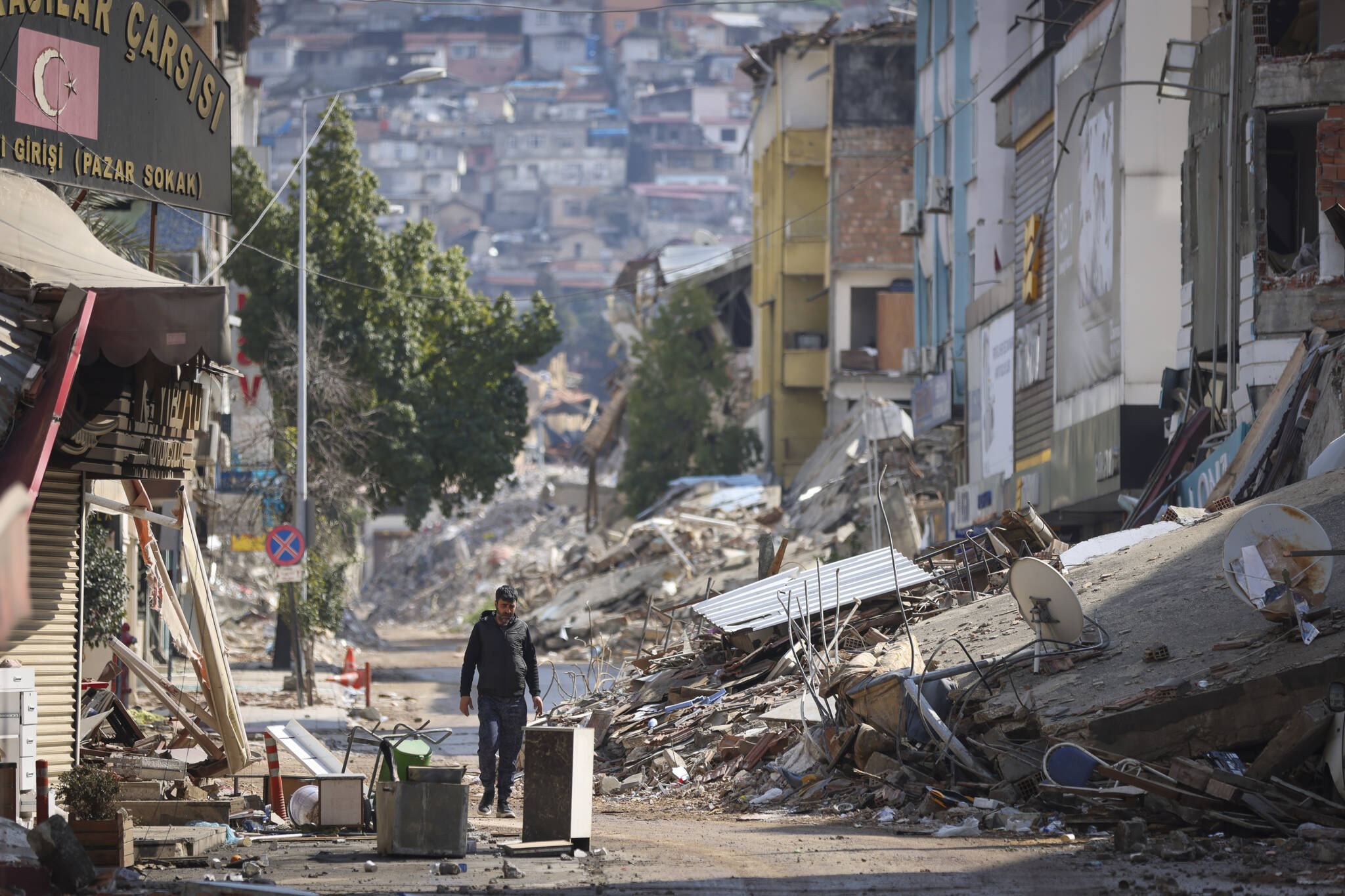On Feb. 6, Turkey and Syria suffered a massive earthquake that killed an estimated 45,000 people. Neither country was able to mount an effective effort to save lives, and foreign aid had difficulty even reaching that unfortunate area.
Is there a lesson here for Juneau? What would our situation be if overnight a natural disaster killed almost everyone in Juneau and efforts to bring aid were hampered by damage to ports and airports? What if our population of around 32,000 people was almost all killed and there were few people and equipment left to search for survivors or house those left alive in winter cold?
The problem is obvious. It could happen here. We are in a seismic zone, near the end of a fault, which could result in landslides and tidal waves. We are dependent on a single main airport and a port system that could be rendered inoperable by a major quake.
There are two clear lessons here. One is that Juneau must be prepared for a major natural disaster that could bring massive deaths and injuries, even in a single night. Buildings could collapse, hillsides could fall and the survivors would be isolated from most immediate help. Sources of fresh water may no longer be available, and shipments of food would be delayed by weeks.
So what can we do to prepare? We can make sure that the community has enough supplies and food to last for weeks. We must make sure that medical materials are stockpiled in advance of the disaster. And we can avoid the worst damage by insuring that building codes require the best earthquake-proof standards in all new and existing structures. We can make sure that no new construction is allowed in areas with a substantial possibility of landslides and avalanches during a quake. We can look at what happened to areas of Anchorage, Seward and Valdez in the 1964 quake and tidal wave and build to standards that avoid the failures in those communities.
The second lesson from the recent Turkey and Syria disaster is that when a terrible event happens, the rest of us must respond immediately to assist in any way we can. There are many good organizations providing aid to the region right now, even as governments are not able to do it. I recommend contributing whatever each person can to Doctors without Borders, https://www.doctorswithoutborders.org/; or to International Rescue Committee, Rescue.org; or to one of the many other organizations on the front lines helping the victims of the disaster. We, as individuals and as a community, should show that we all stand together when the unthinkable strikes overnight.
• Douglas Mertz was the state’s senior assistant attorney general dealing with oil spills for many years and then become a legislative liaison to the Prince William Sound Regional Citizens Advisory Committee, dealing with legislation to prevent spills from tankers. Columns, My Turns and Letters to the Editor represent the view of the author, not the view of the Juneau Empire. Have something to say? Here’s how to submit a My Turn or letter.

